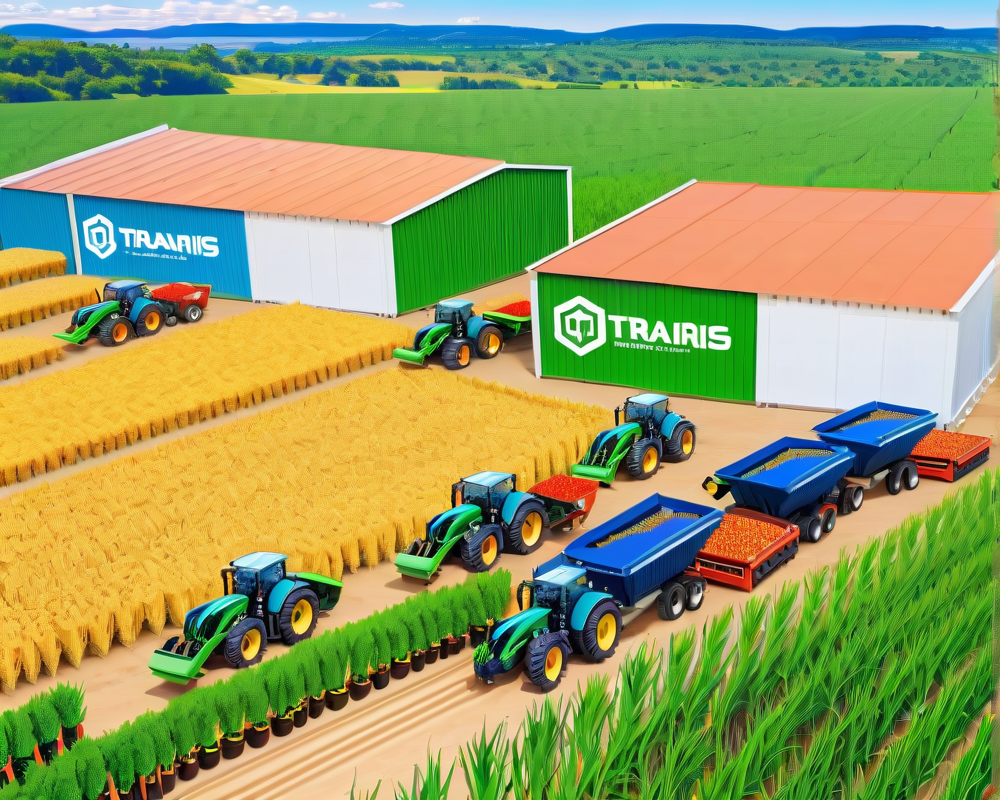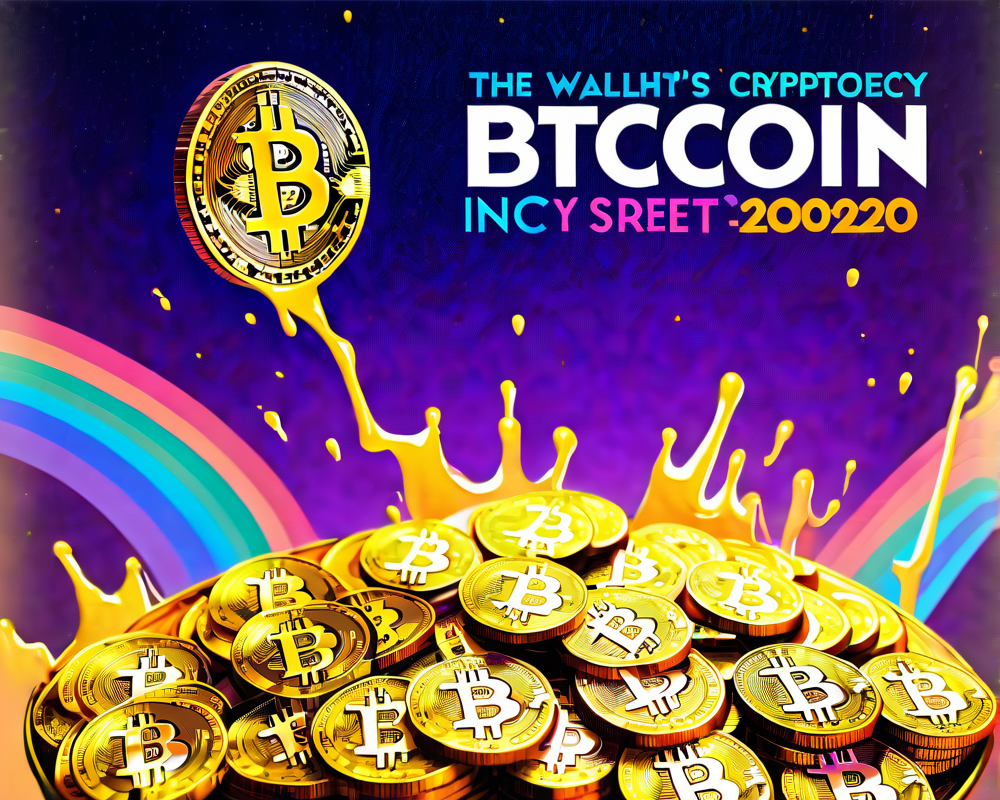Revolutionizing Agricultural Trade: The Blockchain Leap with Transoil International and Solaris Commodities
Overview of the Blockchain Pilot
Swiss-based firms Transoil International and Solaris Commodities have taken a significant step into the future of agricultural trading with their pioneering blockchain pilot transaction. On November 12, S&P Global reported that these companies successfully managed the sale of 25,000 metric tons of Black Sea wheat through an innovative blockchain-based platform.
A Quantum Leap in Wheat Transactions
Designing the deal with a 11.5 percent protein content on a FOB basis from the bustling Russian port city of Novorossiysk, this marked a historic first in blockchain-based Black Sea wheat transactions. Details about the price remains as elusive as a cat in a room full of rocking chairs, but the implications of this transaction are significant.
The Role of Cerealia
The blockchain magic was orchestrated through the agri-commodities trading platform provided by Swiss startup Cerealia. Their technology promises to not only streamline transactions but also to tackle the foibles of disputes that sometimes crop up like weeds.
Why Blockchain?
By using a blockchain platform, Transoil and Solaris are harnessing the tech to reduce risks and improve transparency. S&P Global quoted Cerealia stating, “An independent auditor has reviewed all the important details of the trade from the blockchain… data has been encrypted… and all data is up to date.” It seems like they’re leaving no stones unturned, or should we say, no grains unaccounted for!
Blockchain’s Growing Influence in Agriculture
The agricultural sector is increasingly leaning on blockchain technology, gradually turning the tide. Major players, including the renowned ABCD group, are partnering up to digitize global grain trading with snazzy technologies like AI. Elsewhere in the industry, initiatives like that of Dairy Farmers of America and supermarkets such as Albert Heijn are testing the waters to enhance transparency in their supply chains.
Conclusion
The ripple effect of blockchain in agriculture is just beginning. With forward-thinking companies at the helm, we may soon see enhanced operational efficiencies, minimized disputes, and improved transparency in food supply chains. Here’s hoping the only disputes left are whether the wheat is yellow or white!




